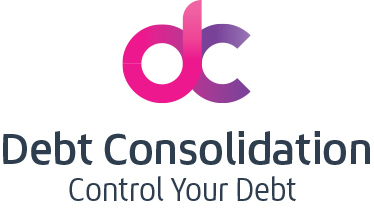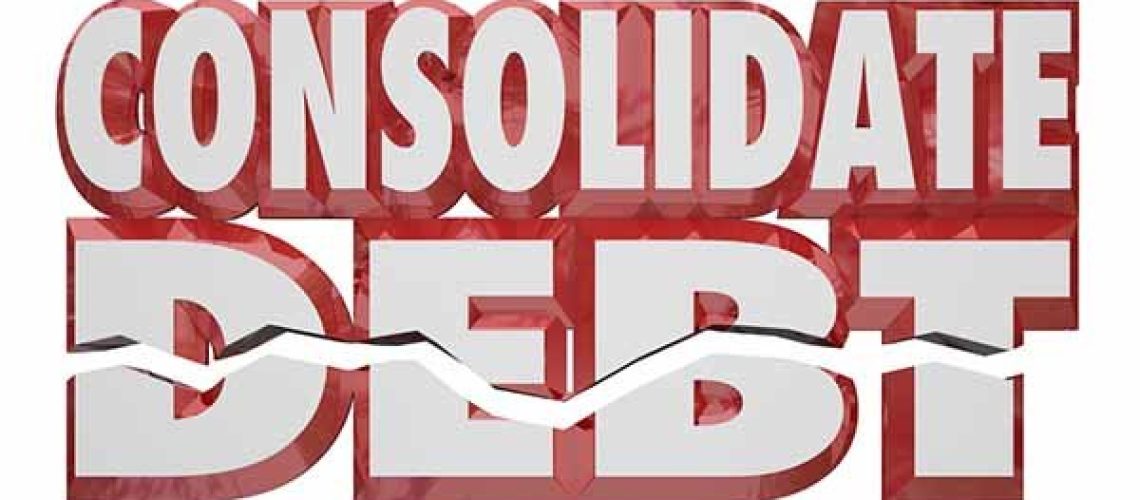According to official statistics, Australia has the highest personal debt levels in the world. To be more precise, the average person earns $80,000 net, while spending as much as $169,000 per year. The discrepancy between these numbers is unsettling, at the very least. That is why many choose to get a debt consolidation with bad credit or second chance loans in order to reduce the amount of debt owed.
Still, is that actually the case? Or are there any hidden risks to applying for such a loan? We plan on presenting the things you need to know on the topic of debt consolidation. So, keep on reading!
- A debt consolidation is different from a debt consolidation Simply put, you can choose from various ways to consolidate your debt. For example, a debt consolidation loan implies taking out a new loan, so that you can make one singular repayment for your outstanding debt, as opposed to making multiple monthly payments. On the other side, a program involves asking the assistance of a professional credit counsellor. They will be in charge of negotiating with creditors and lenders on your behalf, in order to restructure your debt.
- Taking a debt consolidation loan isn’t a guarantee that your interest rates will be imminently lower. There are numerous factors that play a role in establishing the interest rate you get, one of them being your credit history. To that end, if you do borrow a loan in order to consolidate multiple balances, having a high credit rating is mandatory to obtain a truly convenient interest rate. Concurrently, considering that you opt for secured debt, i.e. home equity loan, due to the collateral, you could diminish the interest rate. Still, you can always negotiate a more convenient interest rate, but your attempt may or may not be successful, depending on your lender. If your payment behaviour is good, you could manage to do that; still, that’s no guarantee.
- Many people assume that getting a debt consolidation loan equally lowering your monthly payments. Still, while that could happen, it isn’t always the most sensible alternative. If your objective is saving money, in the long run, you should reduce the payment period, which would make your monthly payments more sizeable. Still, the higher the repayment amount, the more you’ll manage to save, over the course of time.
- A debt consolidation loan could actually help you build your credit score, as long as you’re serious about making timely repayments. Since this implies taking out a new loan, the gradual reduction of the balance will aid you to enhance your credit rating. Simply put, by paying off your debts, you increase your credit score.
- Debt consolidation addresses the consequences of debt, as opposed to its cause. While it could make it easier for you to manage your debt, it will definitely not solve your financial problems. What you should do, instead, is determine what brought you in this place, in the first place, and try to become a more responsible borrower.
- If you fail to make repayments, you could eventually cope with a higher interest rate. As a matter of fact, at times, one omission could relinquish the low interest rate you secured when you consolidated your debt using credit cards. To that end, do read the fine print attentively; one late payment might cut short the introductory rate and maximise the interest rate overnight.
- When you consolidate your debt using credit cards, you can benefit from an introductory interest fee that is as low as 0 percent. Still, bear in mind that this is only for a restricted time frame, which is usually between 6 months and one year. Afterwards, the card will have a higher interest rate.
- Debt consolidation isn’t a viable solution for everyone’s financial problems. While it could aid you to minimise your interest rate, considering that you have good credit rating, it is still no guarantee that you’ll get better loan terms. So make sure it works for you before signing any papers.
- If you enrol on a debt management program, this means your creditors will freeze your accounts, so that you don’t accumulate more debt. While it’s true that this won’t decrease your debt in any way, it will accelerate the process of paying off your balance.
- Ideally, you should aim at lowering the interest rate while shortening the payment term, as well. Many people believe that a lower interest rate is sufficient, yet, that isn’t always the case. If the payment timeframe is extended, it will cost you significantly more, over the course of time. On that note, the most favourable scenario is shortening your payment period while diminishing the interest rate, as well.
As you can see, there are evident perks and drawbacks to getting bad credit debt consolidation loans. However, if you determine that this is the right financial solution for you, you should visit Debt Consolidation. We have extensive experience in simplifying the financial situation of our customers, by supplying convenient loans.

